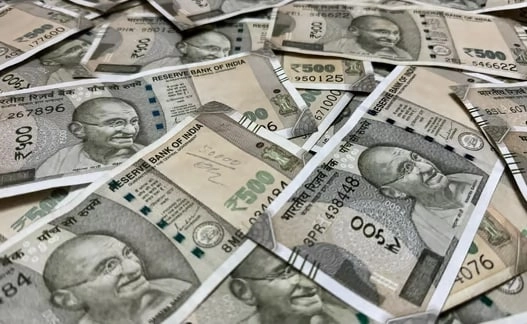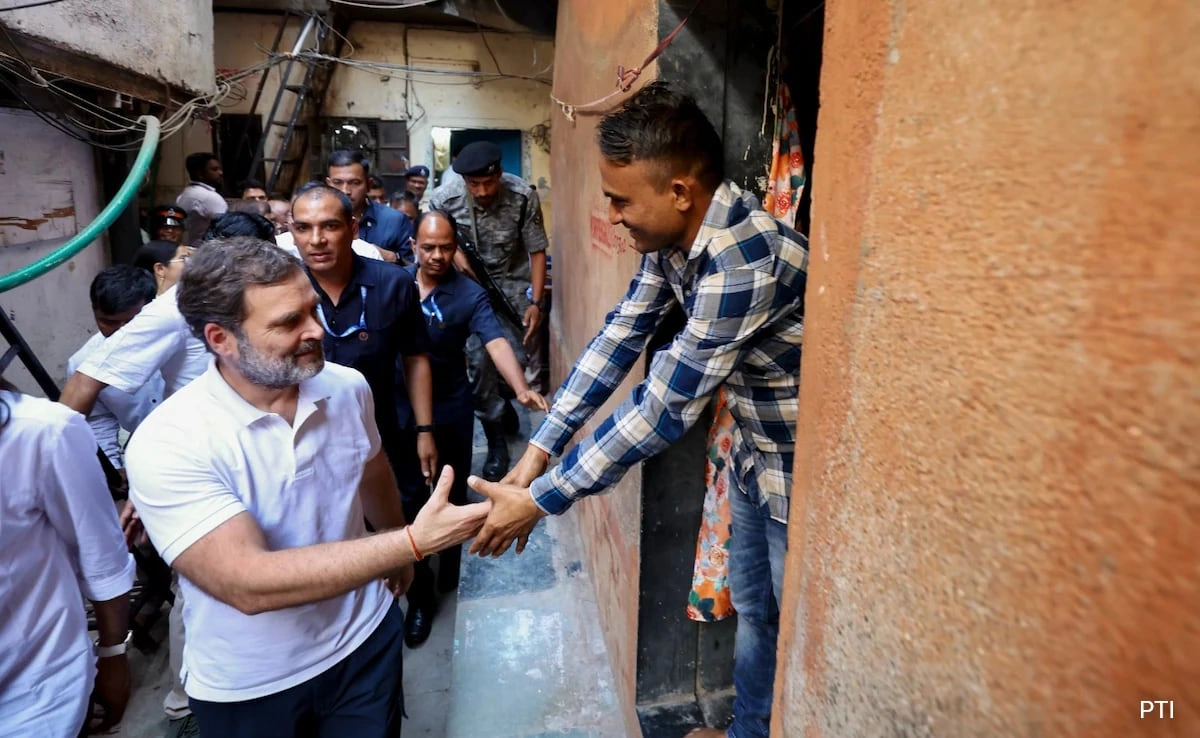In a recent post on social media platform X, a Trump aide has stirred significant discussion surrounding India’s oil imports from Russia, referring to the transactions as “blood money.” This provocative term highlights the complex geopolitical dynamics at play, particularly in the context of the ongoing Russia-Ukraine conflict. The aide’s remarks underscore the moral and ethical implications of countries like India continuing to engage in business with Russia, which has faced widespread condemnation and sanctions from Western nations following its military actions in Ukraine.
India, one of the world’s largest oil consumers, has been increasing its imports of Russian crude oil, taking advantage of discounted prices amid the sanctions imposed on Russia. This decision has drawn criticism not only from Western leaders but also from various segments of the international community, who argue that such purchases indirectly support the Russian economy and, by extension, its military endeavors. The term “blood money” reflects a perspective that views these financial transactions as complicit in the violence and humanitarian crises stemming from the conflict, raising questions about ethical consumption in global markets.
The aide’s comments also reflect a broader narrative within American politics, particularly among those aligned with former President Donald Trump, who have been vocal about the need for a strong stance against nations perceived as adversaries. This situation places India in a difficult position, balancing its energy needs and strategic partnerships with the West, while also maintaining a relationship with Russia, a long-standing ally. As the geopolitical landscape continues to evolve, the implications of these oil imports will likely be a topic of intense scrutiny and debate, reflecting the interconnected nature of international relations and energy politics.
In conclusion, the discourse surrounding India’s Russian oil imports is emblematic of larger tensions in global geopolitics. As nations grapple with their energy requirements and ethical considerations, the decisions they make in the face of conflict can have far-reaching consequences. The label of “blood money” serves as a stark reminder of the moral complexities involved in international trade, particularly in times of war, and invites further dialogue about the responsibilities of nations in the interconnected global economy.




